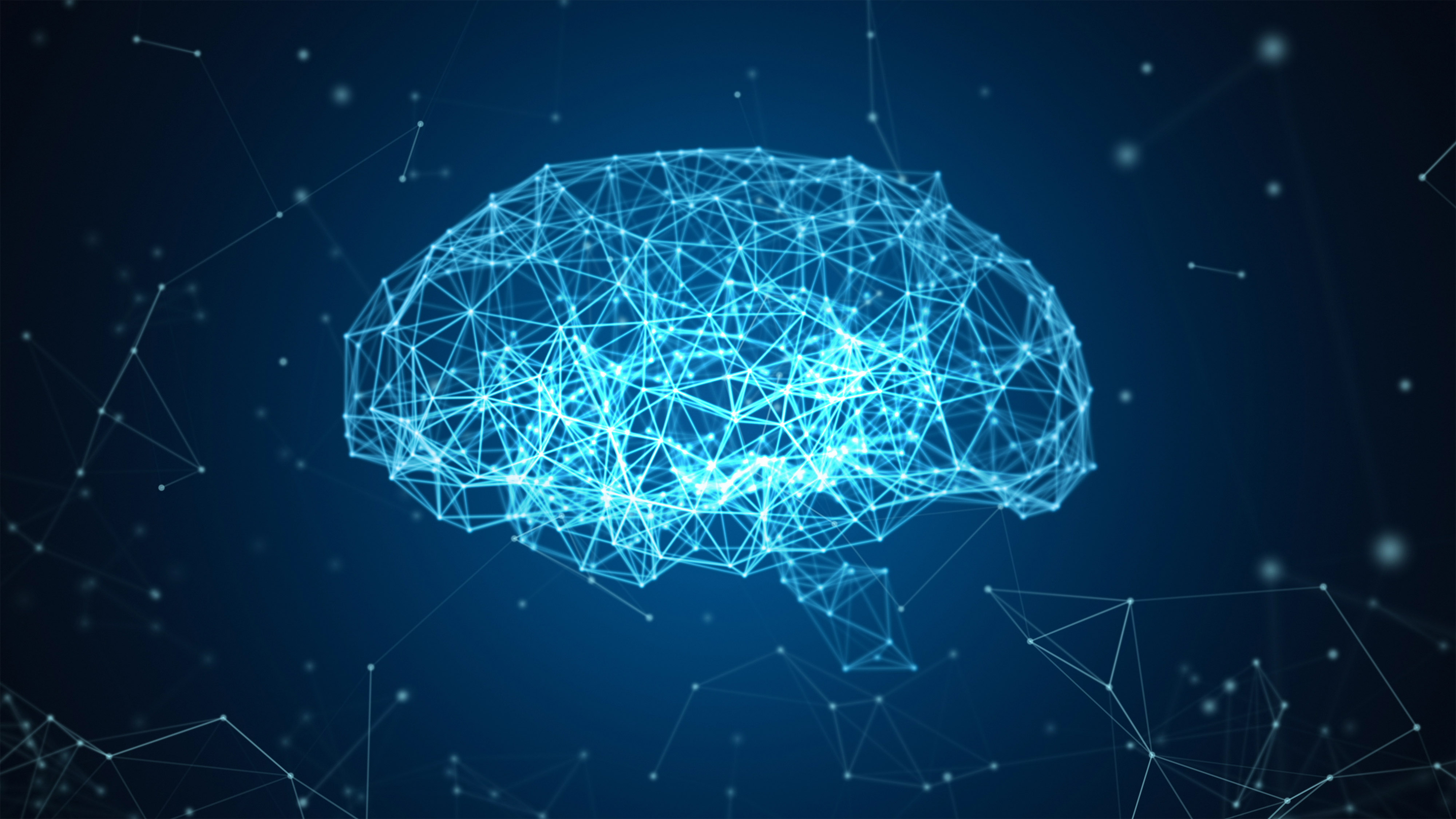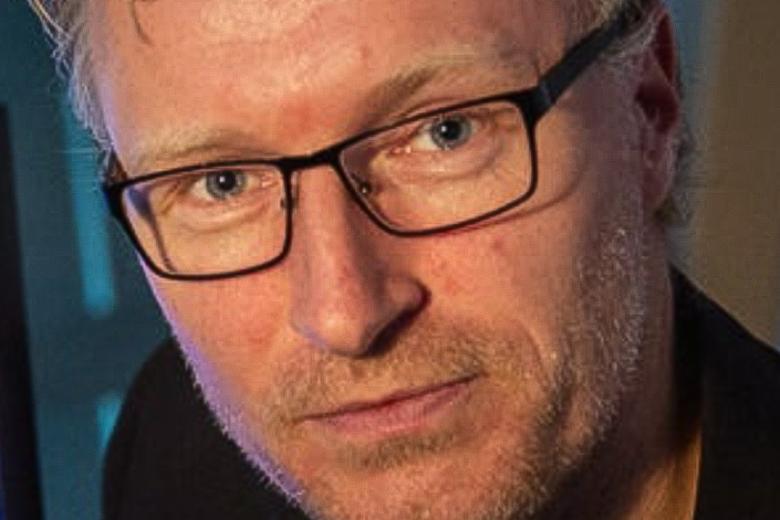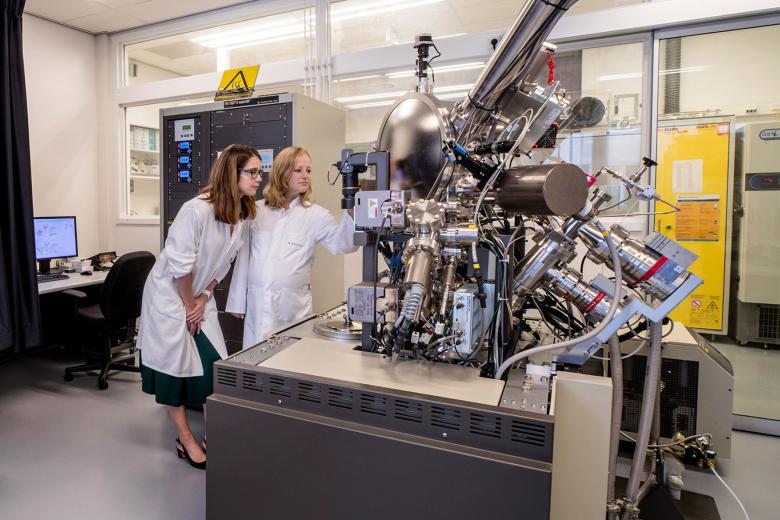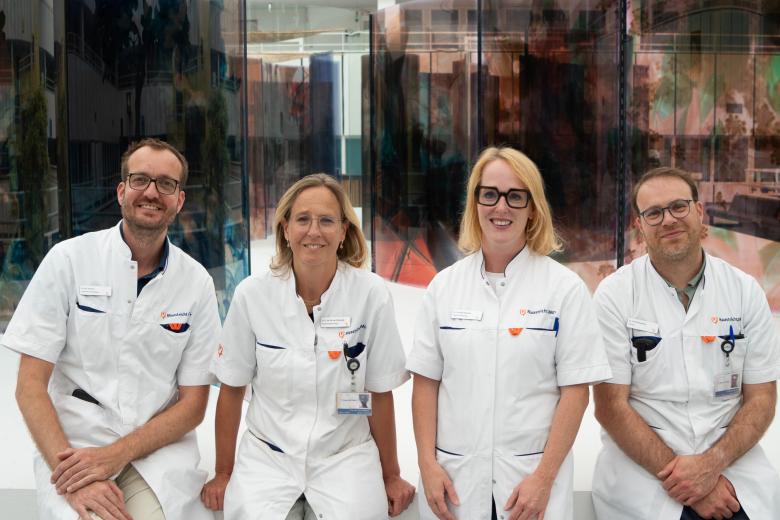MHeNs - Mental Health and Neuroscience Research Institute
MHeNs, Mental Health and Neuroscience Research Institute strives to advance our understanding of brain-behaviour relationships by using an approach integrating various disciplines in neuro- and behavioural science, medicine, and the life sciences. MHeNs performs high-impact neuroscience research and educates master’s students and PhD researchers. MHeNs performs translational research, meaning practical collaboration between researchers in the lab and in the hospital and in close collaboration with the Faculty for Psychology and Neuroscience and School of Business and Economics (Centre for Integrative Neuroscience).
The impact of MHeNs’ unique research approach
With the knowledge acquired today, we move forward working towards a better future for the patients of today and tomorrow. That is why we collaborate in crossroads.
Coming together at crucial intersections is where MHeNs researchers (from the five MHeNs research themes) and clinicians from the clinical pillars from MUMC+ Brain and Nerve Centre (BNC) and Centre for Ophthalmology meet and work together, opening the door to new discoveries. Discoveries for current patients and those of the future.
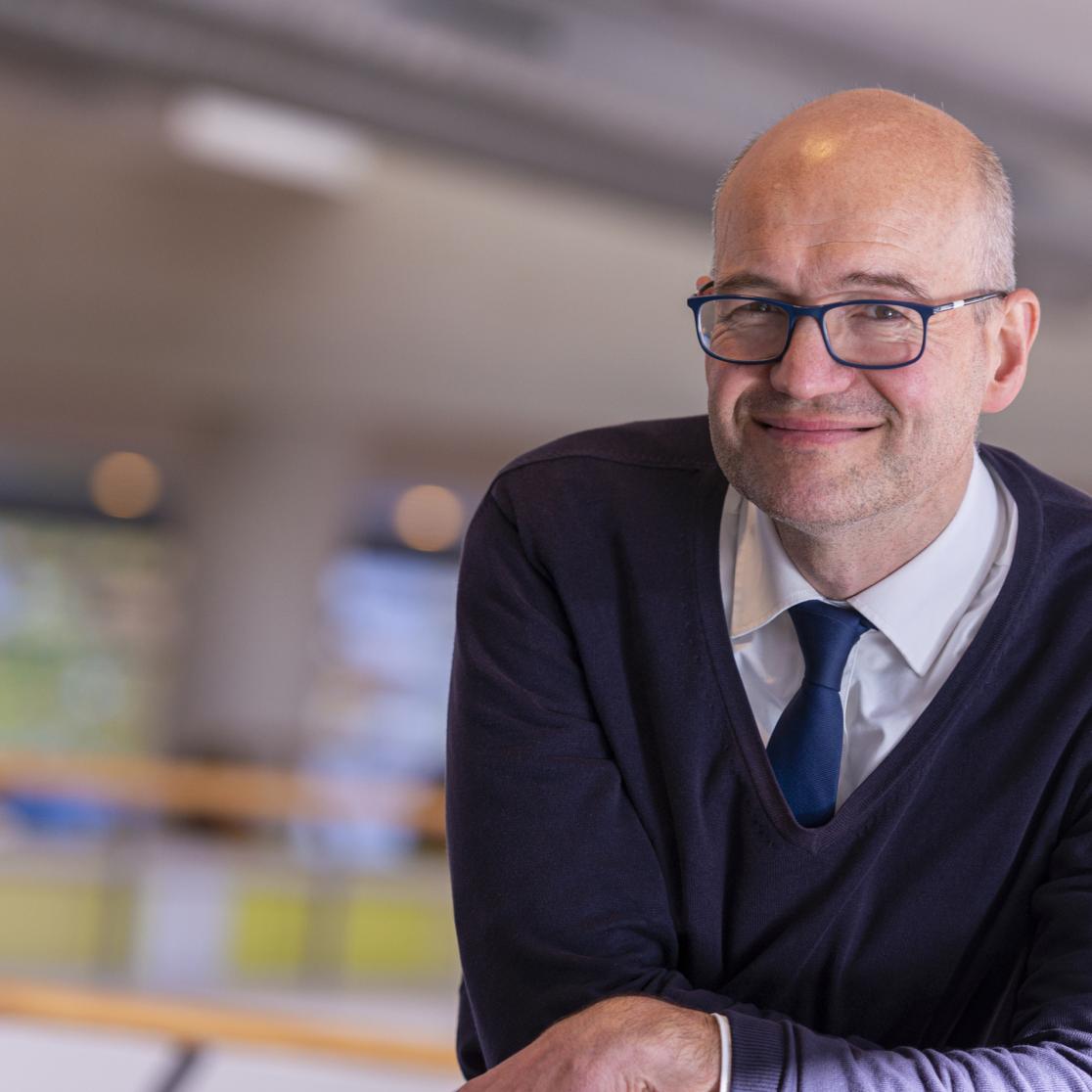
5 Research themes
Neuroimaging
and the collaborations with the clinical pillars in this research theme.
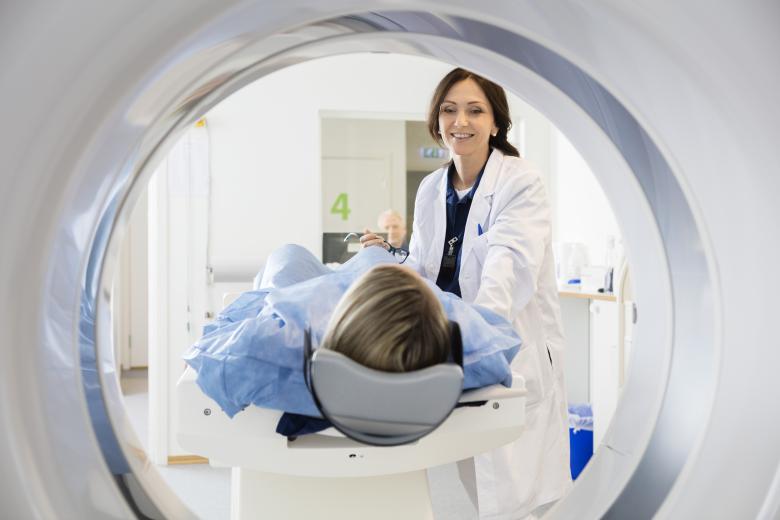
Monitoring
and the collaborations with the clinical pillars in this research theme.
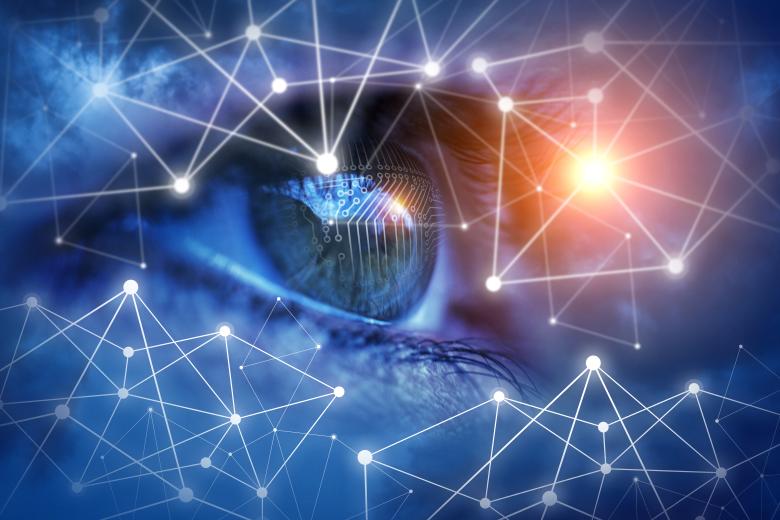
Neuromodulation
and the collaborations with the clinical pillars in this research theme.
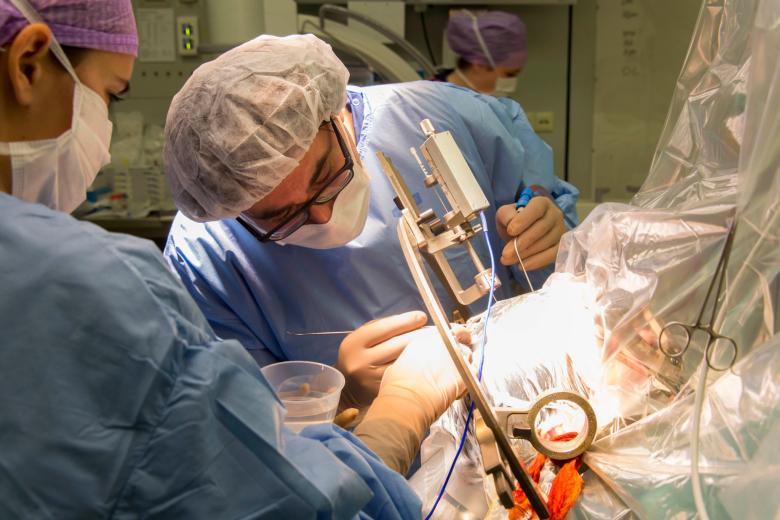
Rehabilitation and Prevention
and the collaborations with the clinical pillars in this research theme.

Cell Biology and Genetics
and the collaborations with the clinical pillars in this research theme.

11 Clinical pillars
MHeNs and BNC collaborate in 11 specialisms, aimed at patients with complex disorders of the brain and nervous system. The research collaborations occur in the so-called clinical pillars. The outcomes of this team research performances will lead to advanced evidence-based insights, innovative decision-making, better directions, highly developed innovations, technologies and treatments that can have considerable societal impact. Explore our crossroads in the following 5 research themes below.
Cognition and Dementia
Epilepsy
Movement
Stroke
Hearing and Balance
Vision and Ophthalmology
Autonomic Control
Mood, Anxiety and Trauma
Psychosis and Neurodevelopment
Eating Disorders
Pain
Get acquainted with the work of MHeNs, watch our animation on our research and societal impact.
PhD Education
MHeNs’ PhD programme promotes a high level of competence in a specific research field, but also in more generic, transferrable skills that are important for professional careers in research, education, or clinical practice.
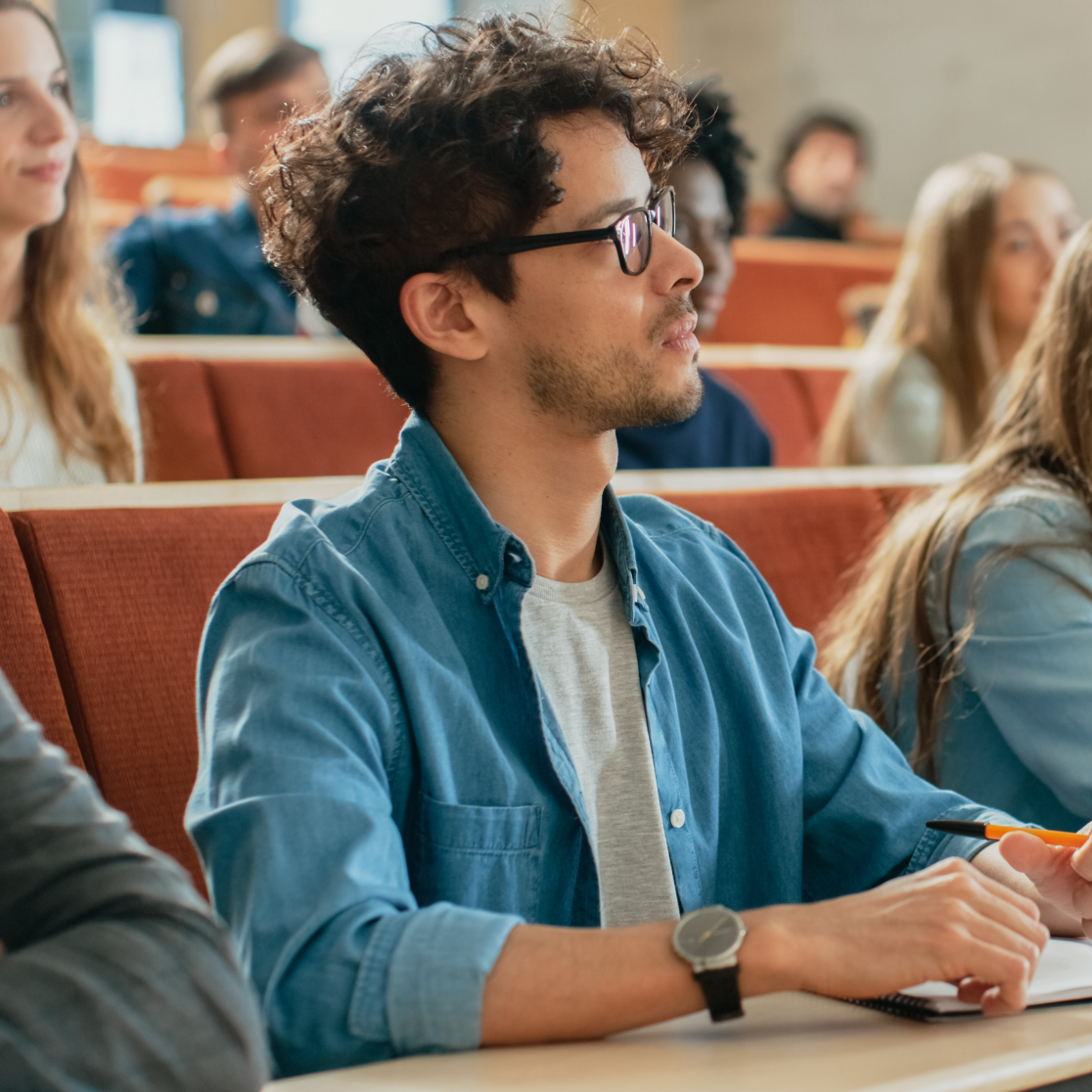
Publications
Research outputs from all divisions.

Promotions
Overview all PhD Theses.

Projects
Explore our overview of projects.

